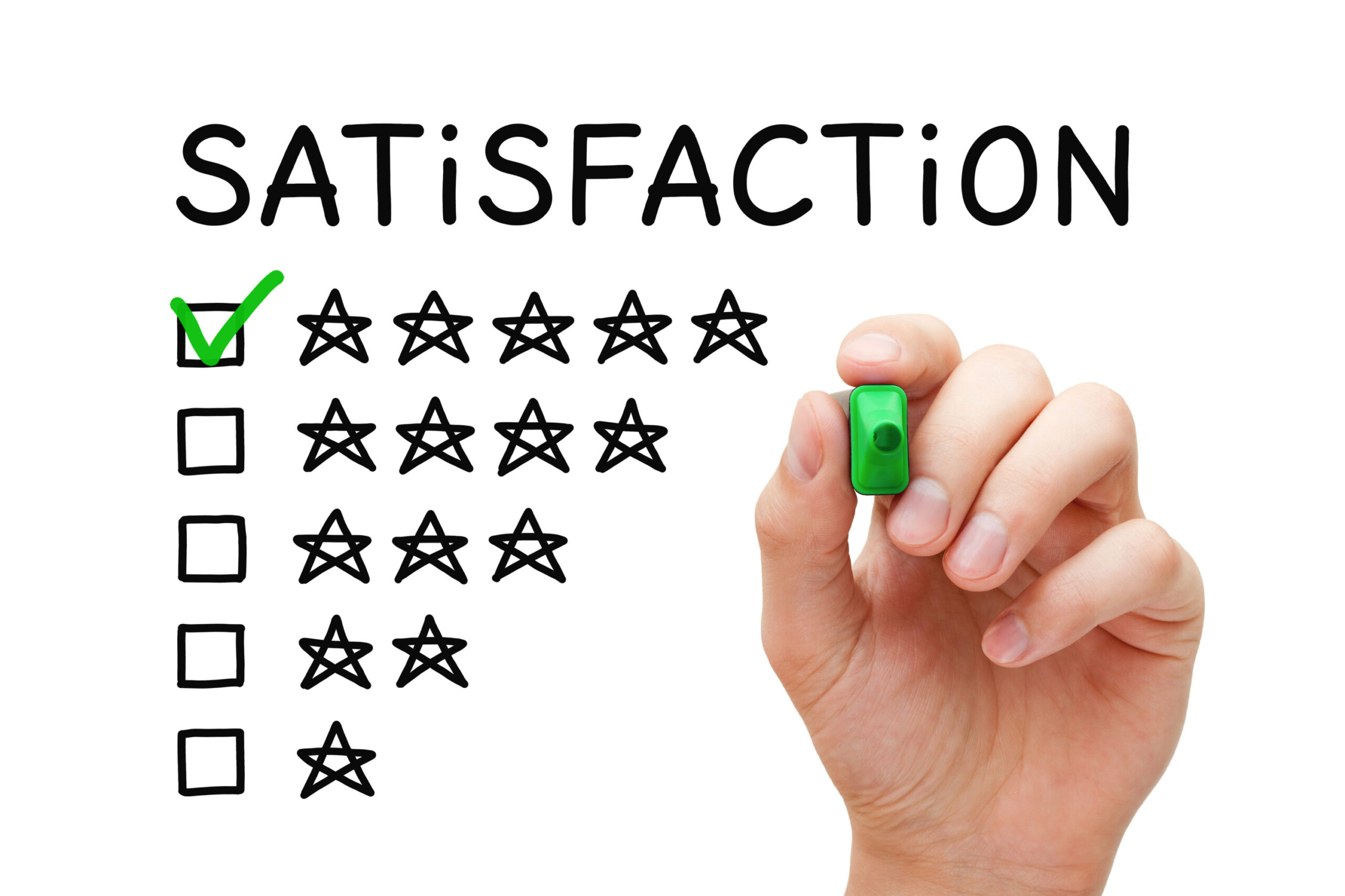
Defining enough – the fundamental question for your financial plan
Do all your future plans rely on having a lot more money than you do now? If the answer is yes, it might be time to think carefully about your values so you can put together a realistic financial plan that will bring you closer to the sort of life you want.
Planning for your financial future doesn’t have to be about chasing more money. Achieving a real sense of having enough to feel comfortable and happy is more about understanding what’s important to you and then managing your finances accordingly. So just how much is enough for each one of us?
The magic income for day-to-day happiness?
A 2008/9 Gallup study of 450,000 people in the US concluded that an annual salary above USD$75,000 doesn’t make a positive difference to your day-to-day happiness. According to this research, as you earn more money, your emotional wellbeing rises too, until you reach that $75k target. If we round the amount up a little and allow for differences between the Australian and US dollar values, we could say that hitting a six figure salary is the magic threshold to aim for.
Does that sound like a lot of money to you? Depending on how much you’re earning now, it could be a king’s ransom or a benchmark you passed many years ago. The amount of money that you feel comfortable living on depends on what you’re planning to spend it on now, plus any plans you have for the future – like paying for your kids education, saving for a deposit on a house or putting money away for retirement.
Having (and wanting) more can be a burden
Vicki Robin, author of “Your Money or Your Life” offers a working definition of “enough” that can be useful, particularly when you’re caught up in the earn, spend more, earn more cycle that’s so familiar in the 21st century. “Enough is the quality of having everything you need and want but nothing in excess, nothing that burdens you,” says Robin.
The important word here is “want”. Most of us in Australia can safely say we’re comfortable in having everything we really need – food, clothing, shelter, education, transport and healthcare. Narrowing down the potential list of wants – clothes, cars, holidays, entertainment and just more stuff – can seem impossible when we live in a consumer culture that encourages us to see all of these things as being essential to our happiness.
Valuing time and money
When we’re giving up more and more of our time to earn the money it takes to work our way down that list of wants, money and time can both to stand in the way of getting the most from life. In the FPA’s recent Live the Dream report, a low bank balance was the number one barrier standing in the way of people living their dreams. But the second most common obstacle was not having enough time. And for many of us, having more money usually means having less time to spend, because we’re working more too. If you find yourself in this kind of spiral, it’s important to question just how much happiness you’ll get from spending more. In her book, Robin encourages us to ask the question “does spending money bring you pleasure in proportion to the hours that you spent earning it?”
Switching the focus from more to enough
Knowing what your goals are and how you’re going to reach them can bring a lot more happiness and satisfaction into your life. It’s a very good way to get rid of that uncomfortable feeling that you’ll never quite have enough money or time on your hands. And if you know you don’t have enough to achieve everything on your list right now – few of us do – speaking to a financial planner can help you prioritise your goals and take steps to secure them in the future. You’ll know that you’re working towards your very own idea of “enough”, by budgeting, saving and investing with a clear purpose rather than the vague ambition of having more.
Whatever you value most in your life, a CERTIFIED FINANCIAL PLANNER® professional can offer valuable advice on making positive choices for a more secure financial future.
Online source: Produced by The Financial Financial Planning Association of Australia and published on 07 September 2017. Original article.



